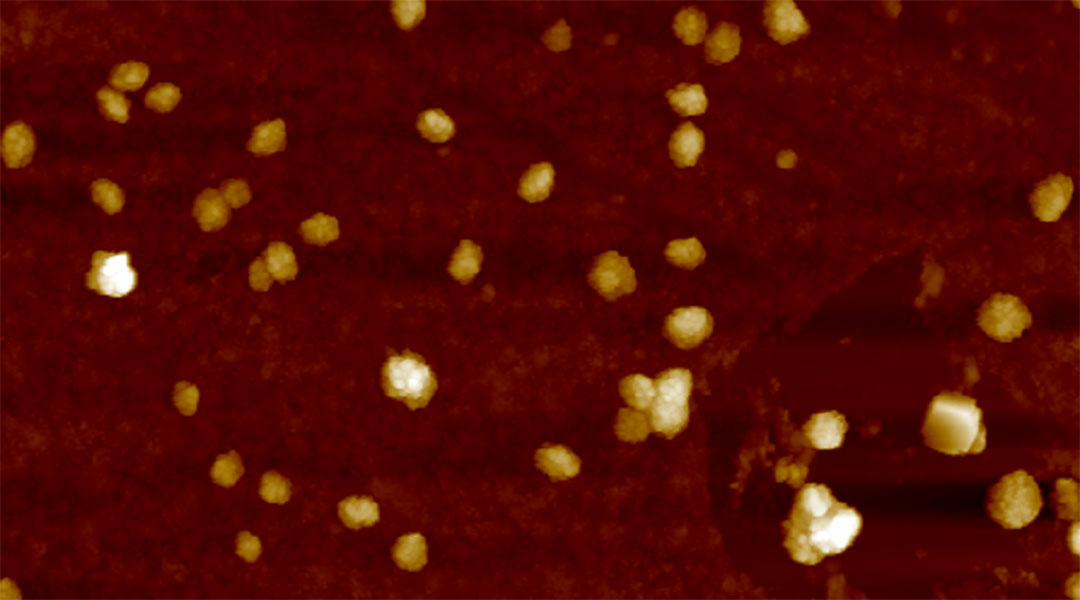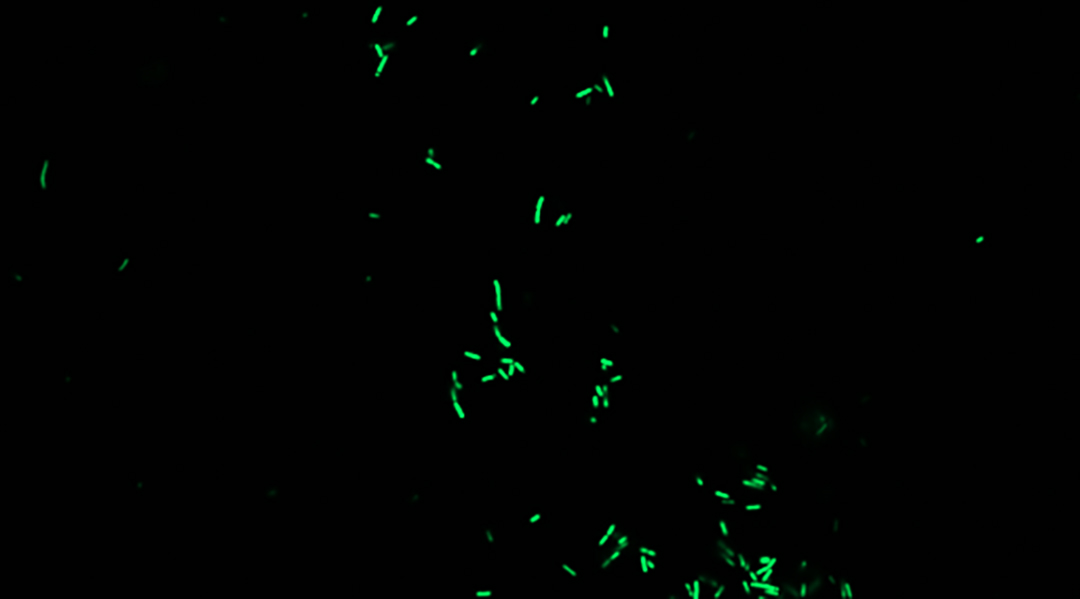Lab-made model of human blood vessels provides accurate insights into effects of snake venom and could help develop new antivenoms.


Lab-made model of human blood vessels provides accurate insights into effects of snake venom and could help develop new antivenoms.

Machine learning unveils the ideal structure of a quantum memristor, which could one day surpass current computing systems.

Scientists find evidence that nature boosts healthy food choices, revealing nature’s pivotal role in shaping positive dietary habits.

An RNA-based vaccine approach that is effective against all virus strains and safe for infants and immunocompromised individuals.

Scientists create magnetism in a non-magnet at room temperature for the first time, with implications in quantum tech and computer science.

Peptide-laden vesicles light up in the presence of amyloid beta, providing an early diagnostic test (and possible treatment) for Alzheimer’s.

First living biosensor developed to study honeybee gut microbiome, providing insights into health and conservation.

DeepStalk does away with a hard shell for a soft body and integrated parts to function under pressure and explore the deep sea.

A new hybrid graphene incorporates new elements to help make the material magnetic for applications in electronics and computer science.

A new study finds that prescription generic galantamine and the over-the-counter supplement are not created equal, despite label claims.